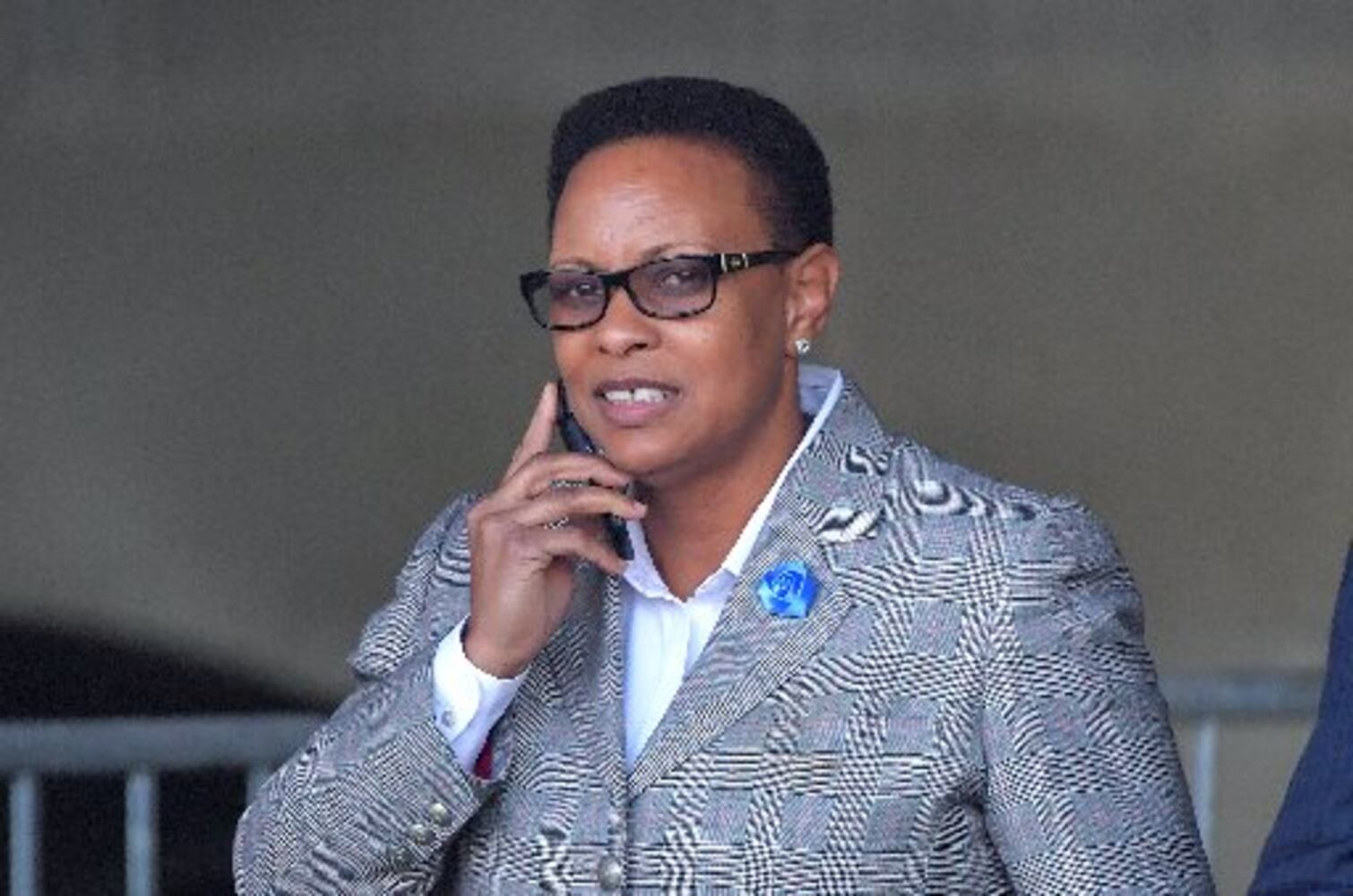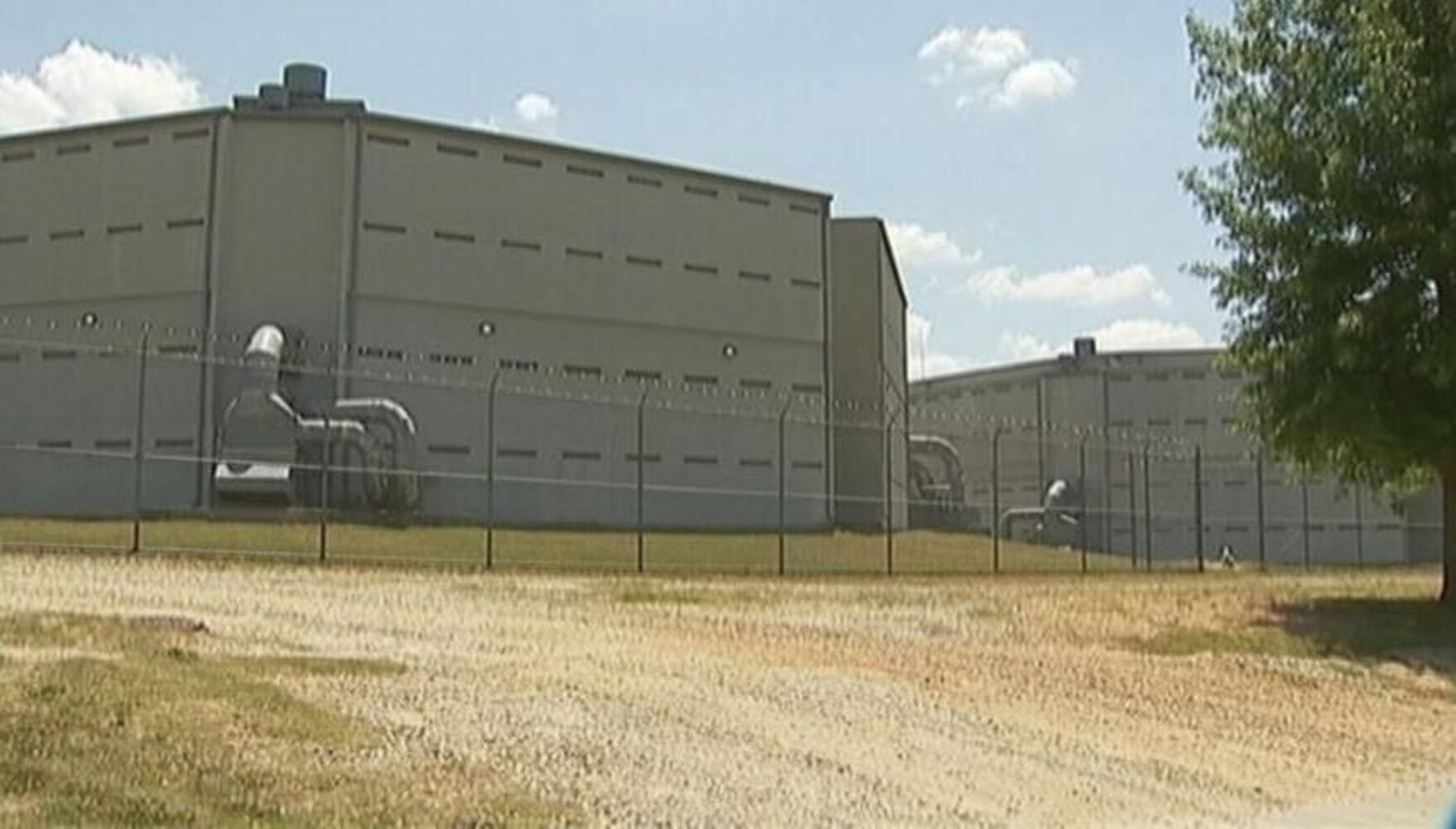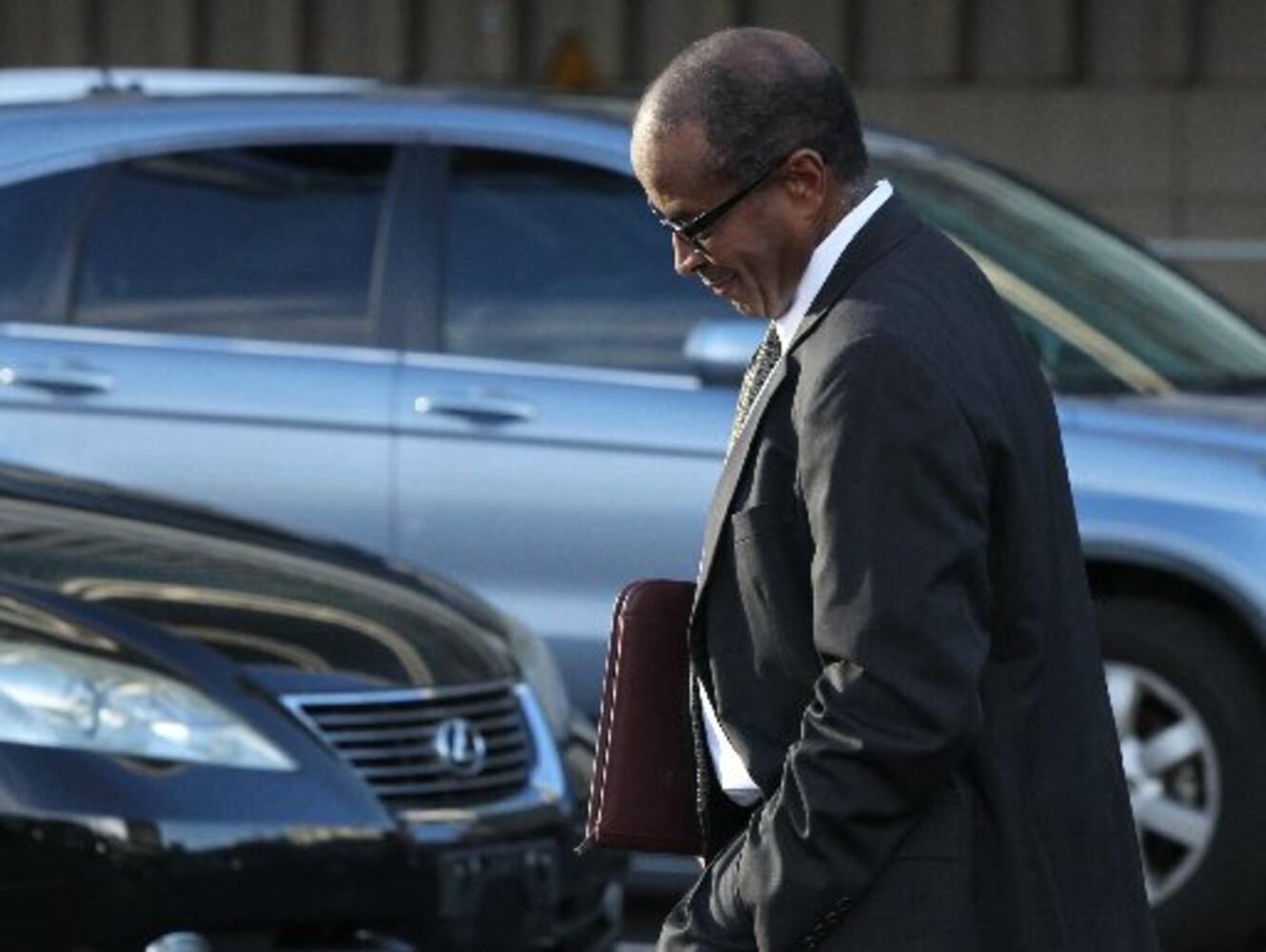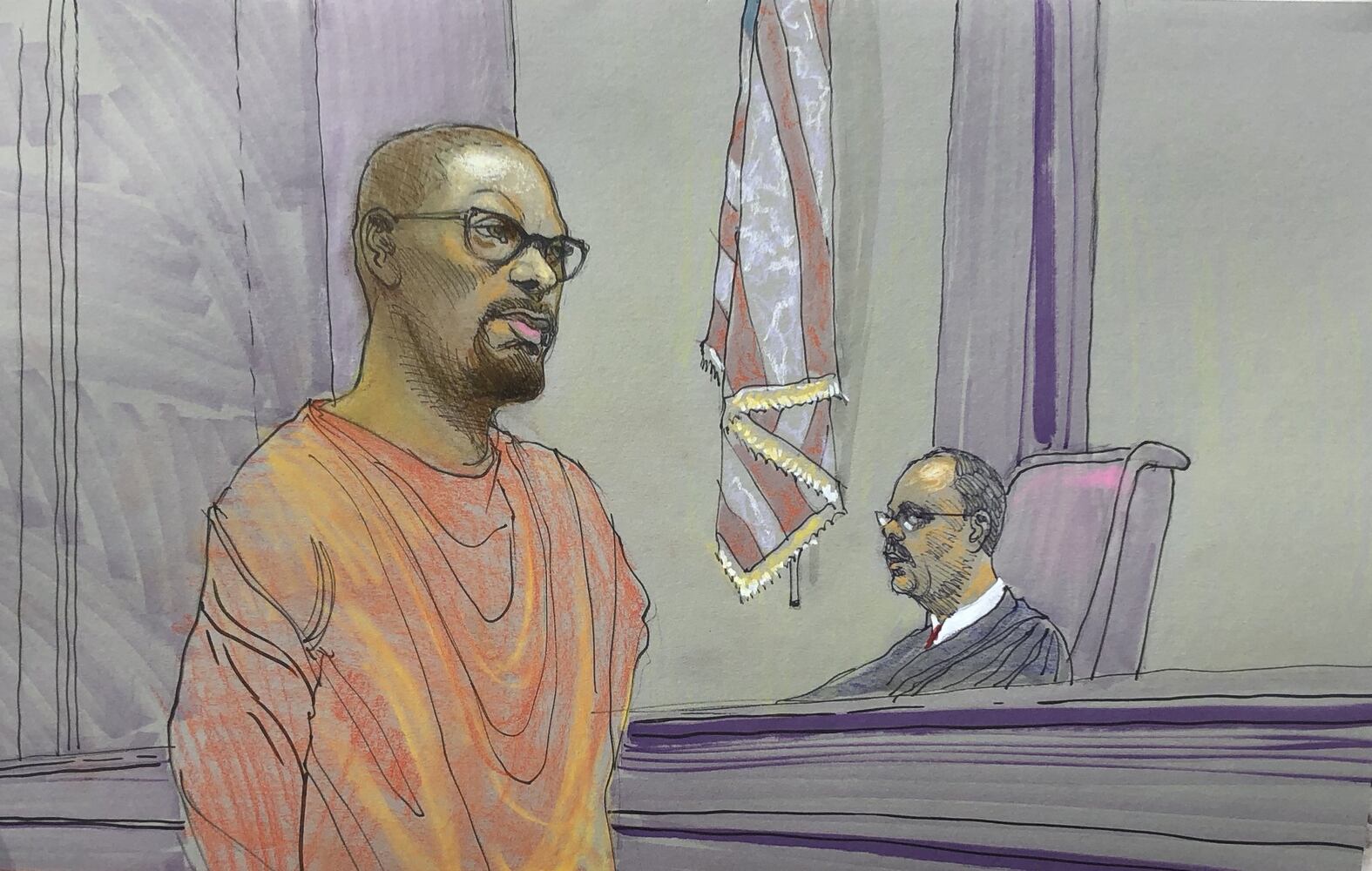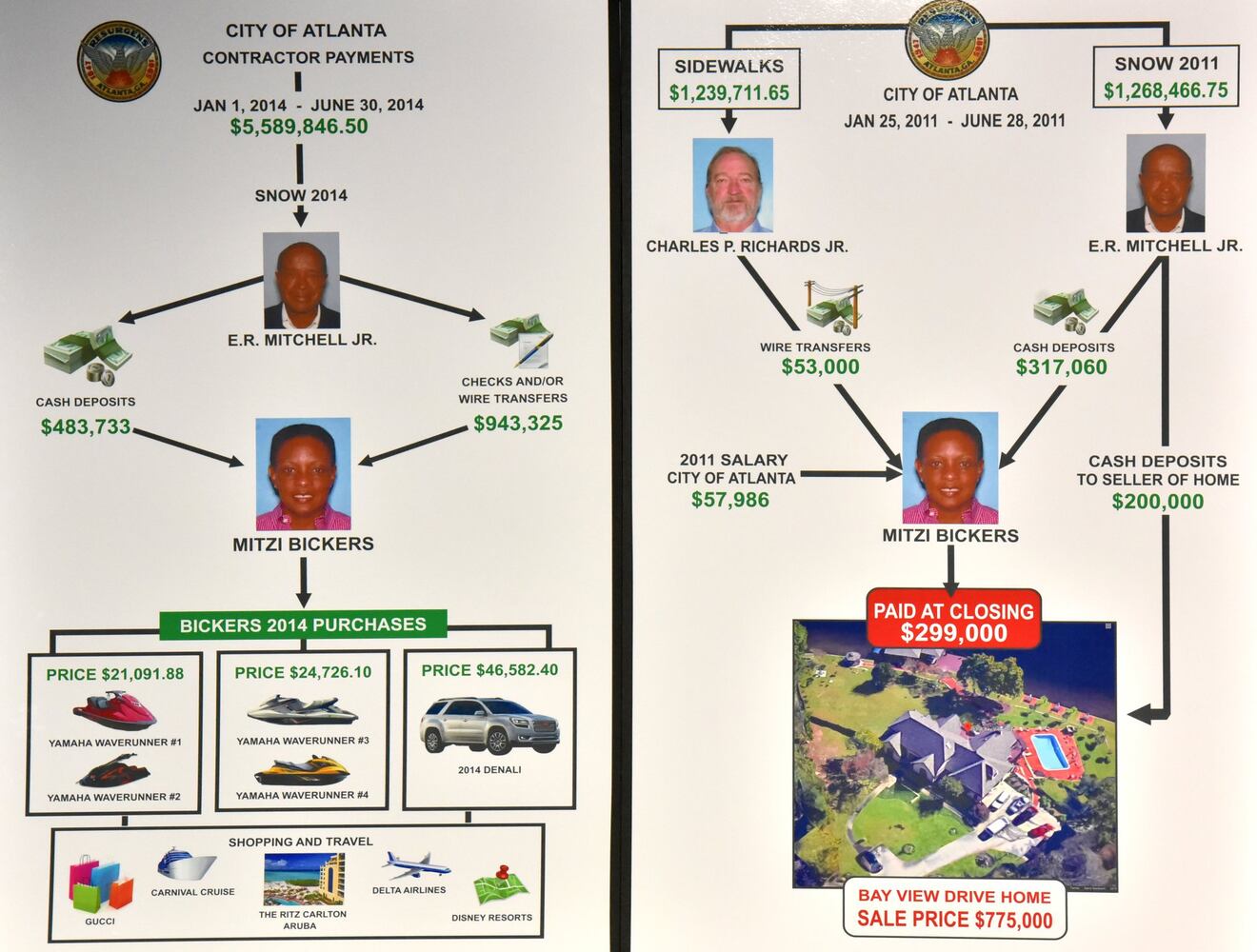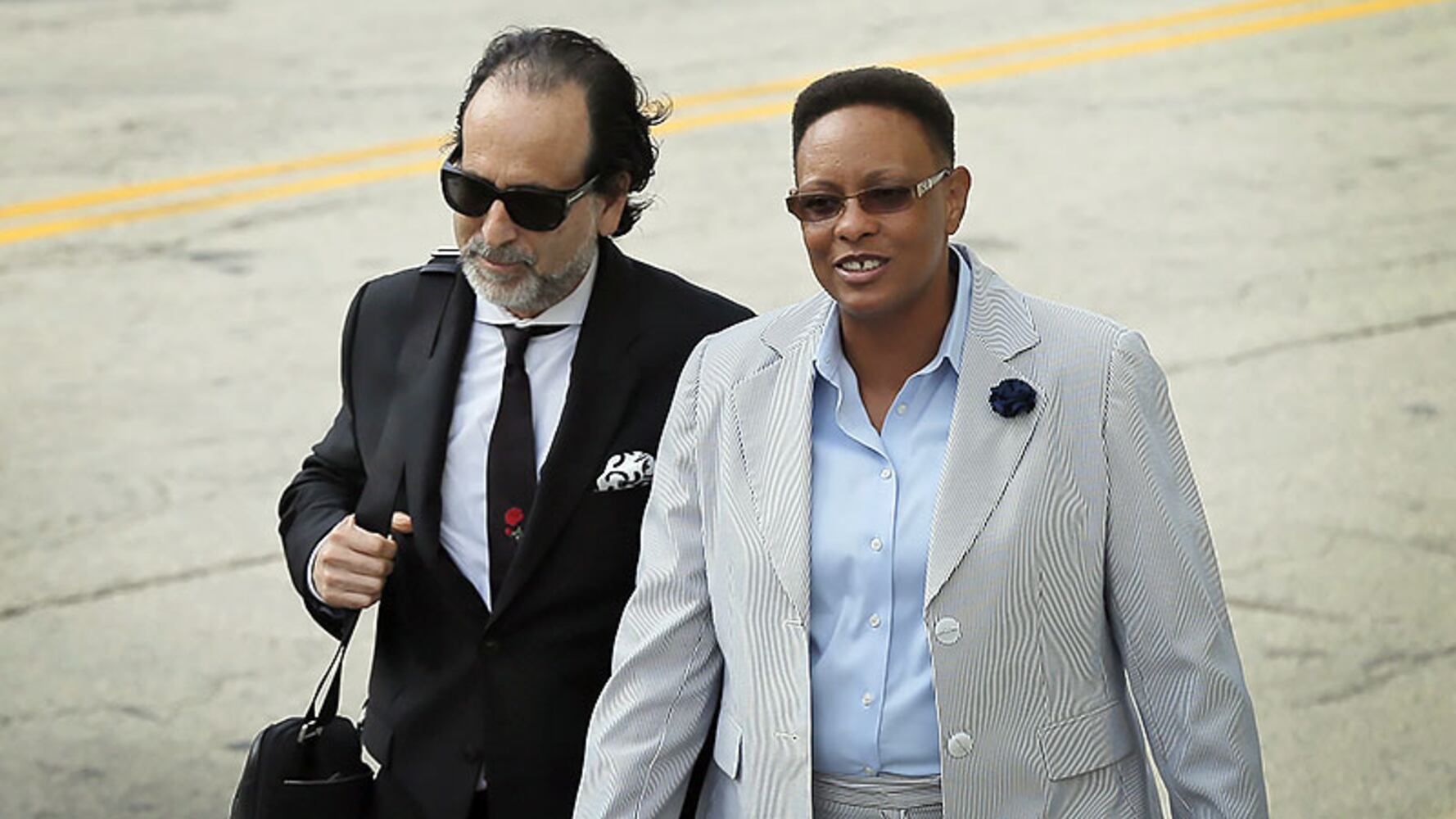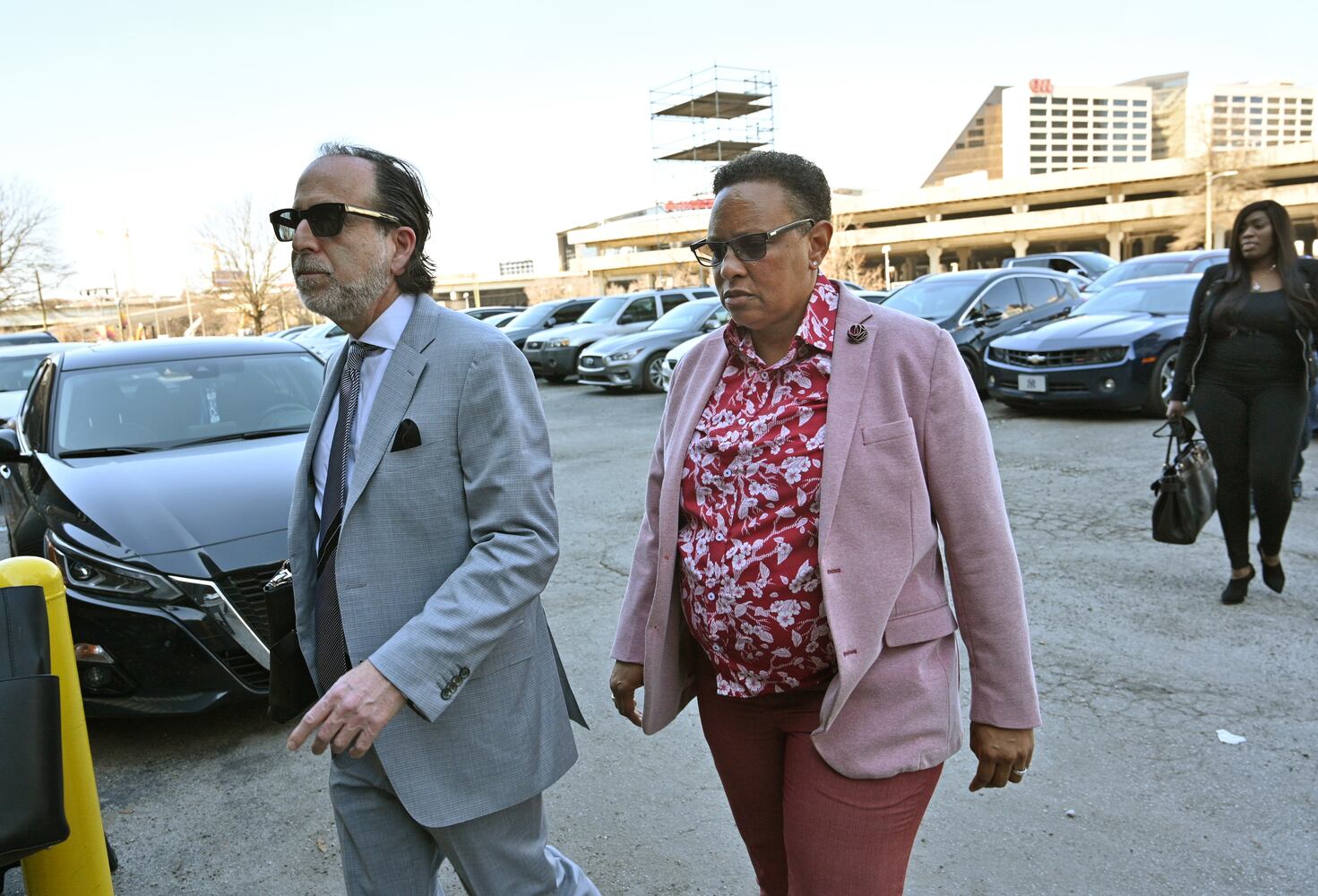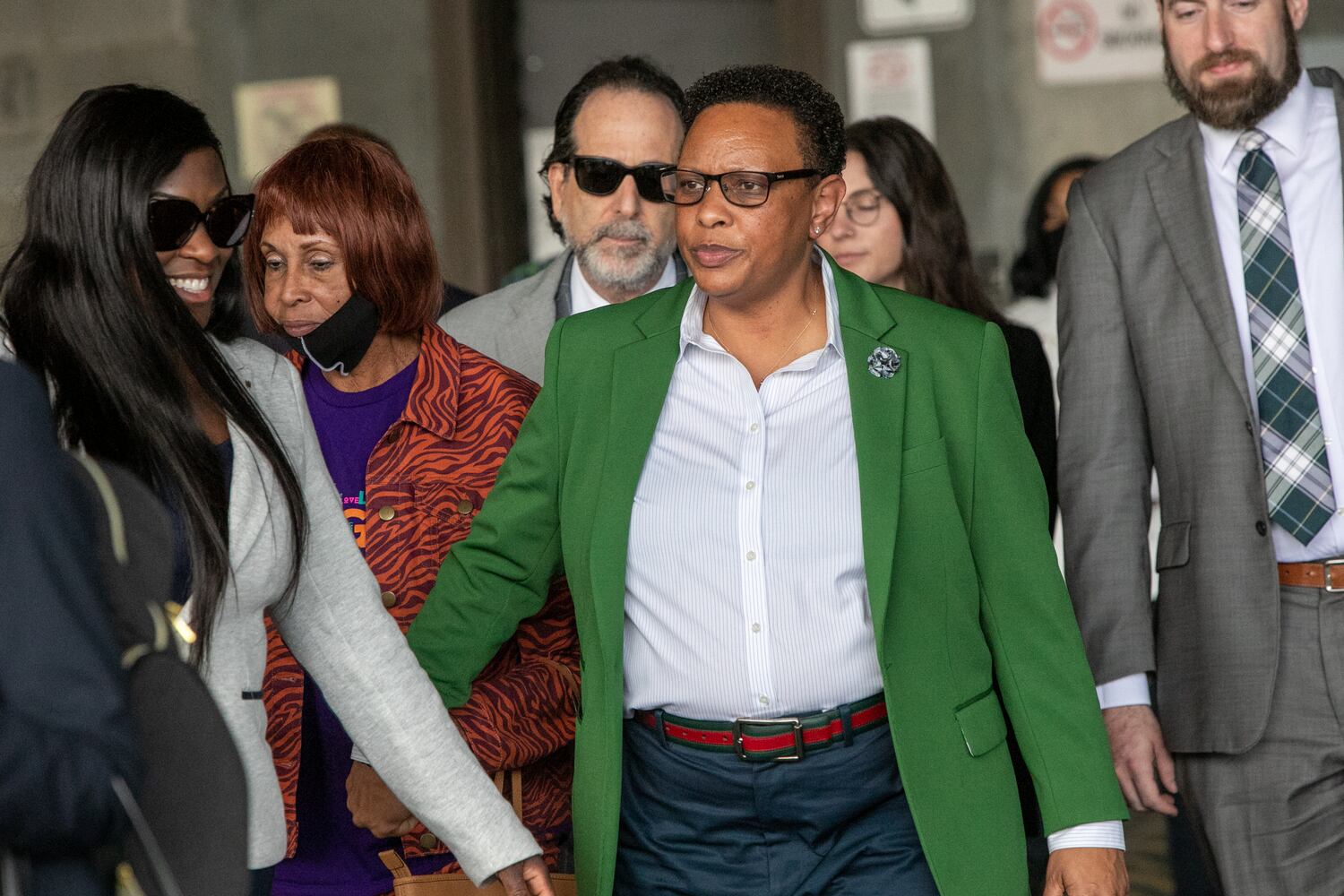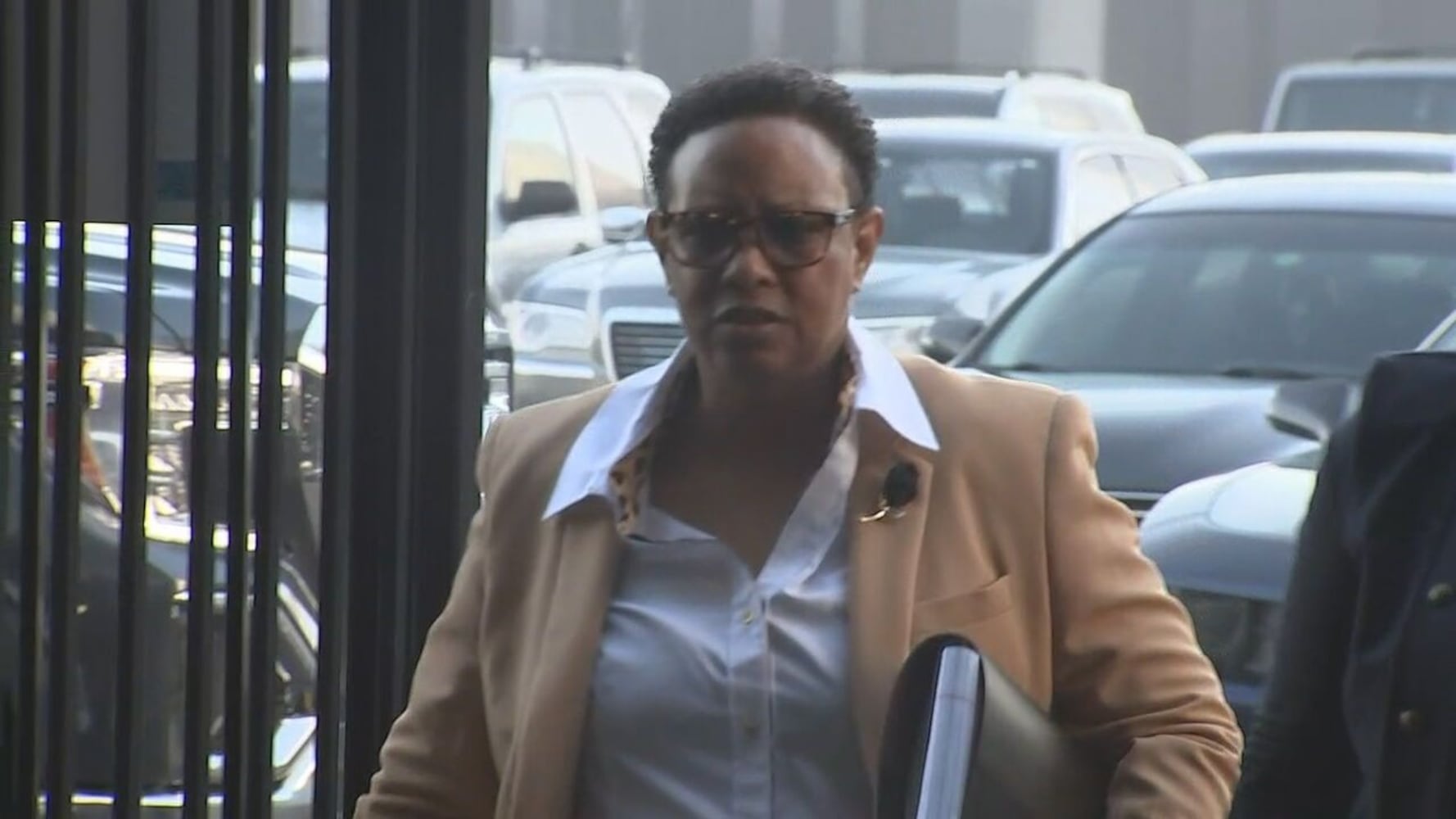Attorneys for Pastor Mitzi Bickers are asking a federal judge for leniency in his Thursday sentencing of the former Atlanta city official, who was convicted of conspiracy to commit bribery and other charges earlier this year.
In a sentencing memorandum filed Tuesday with U.S. District Court Judge Steve C. Jones, Bickers attorneys argued that a federal recommendation that she spend upwards of 30 years in prison is unfair because it acts as a punishment for taking her case to trial and does not take into account the good she has done in the community.
Bickers, the bishop of Emmanuel Baptist Church in southeast Atlanta and former director of human services for Atlanta between 2010 and 2013, was convicted in March on nine of 12 federal charges in the pay-for-play construction contracting scandal that rocked Atlanta City Hall in the waning years of former Mayor Kasim Reed’s second term.
The daughter of the Rev. Benjamin Weldon Bickers, who worked with civil rights leader Dr. Martin Luther King, Jr., she was accused of pocketing more than $2 million in bribes and was convicted of conspiracy to commit bribery, money laundering and wire fraud, among other charges.
Government officials, in a filing released Wednesday, rejected Bickers’ attorneys arguments and said the guidelines were correct given Bickers’ role in the scheme. They maintain that Bickers was the ringleader of the bribes, using her influence to ensnare cooperation knowingly and unknowingly and defrauding the citizens of Atlanta.
Judge Jones will hear arguments in her sentencing at 10 a.m. Thursday at the Richard B. Russell Federal Building in downtown Atlanta.
“Outside of her long list of political successes, Ms. Bickers is, at her core, a public servant, Bickers’ attorneys said in their filing, which lists among Bickers’ deeds campaign work she completed helping to elect to office Reed and Clayton County Sheriff Victor Hill, as well as Bickers winning a seat on the Atlanta School Board.
“The support, both tangible and intangible, she has provided to her community over the course of her lifetime has been immeasurable,” the attorneys said, attaching 63 letters of support from members of Emmanuel Baptist, elected officials and metro Atlanta residents.
The defensive move comes as Bickers could face between 292 and 365 months in prison based on sentencing guidelines. According to the filing, she is categorized as a first-time offender, but with charges -- including witness tampering, filing a false tax return and four counts of wire fraud -- that account for some of the highest offense levels in the federal system.
“The guidelines ... are kind of a mathematical algorithm that figures out where the person should be sentenced,” said Lynsey Barron, a visiting assistant practice professor at Emory University’s law school and an expert on sentencing.
A central issue in Bickers’ attorneys arguments to the judge is whether the proposed sentence punishes her for seeking a jury trial. Elvin R. “E.R.” Mitchell Jr. and Charles P. Richards, who Bickers steered contracts to in exchange for money, both took plea deals and received reduced sentences. Mitchell was given 60 months in his plea agreement while Richards received 27 months.
“The only significant difference between Ms. Bickers and the two men with whom she was convicted of conspiring is that she took her case to trial, while they pled and cooperated,” her attorneys said.
Prosecutors suggested that without Bickers, the plan may not have worked, making her key to the crimes.
“Richards testified that, despite his history of good work for the city, he would not have been able to get contracts with the city with the inflated prices and large profits he achieved without Bickers’ influence,” the prosecution wrote in its filing. “Bickers expressly demanded that she receive either an upfront payment for the contracts or a specific percentage of the contract once awarded, and Mitchell testified that the numbers in his and Richards’s bids were inflated by the amounts demanded by Bickers.”
Barron said that Bickers’ attorneys may have a tough time convincing the judge that her sentence is unfair. While Bickers, Mitchell and Richards were each charged with conspiracy to commit bribery, Bickers was convicted on additional counts that were different than the two men and thus not a comparison.
“There is definitely an argument to be made about the trial penalties,” Barron said. “The problem is that argument never works. We raise it in every case, but judges still will sentence the person who goes to trial differently than someone who saves the court resources (through a plea deal).”
Bickers’ attorneys have said they plan to appeal the conviction and Barron said they can do so in the 14 days after her sentence is declared.
She said Bickers probably will not be taken into custody on Thursday because federal courts in Georgia generally allow someone convicted of non-violent fraud to remain on bond until told to report to prison.
About the Author
Keep Reading
The Latest
Featured
